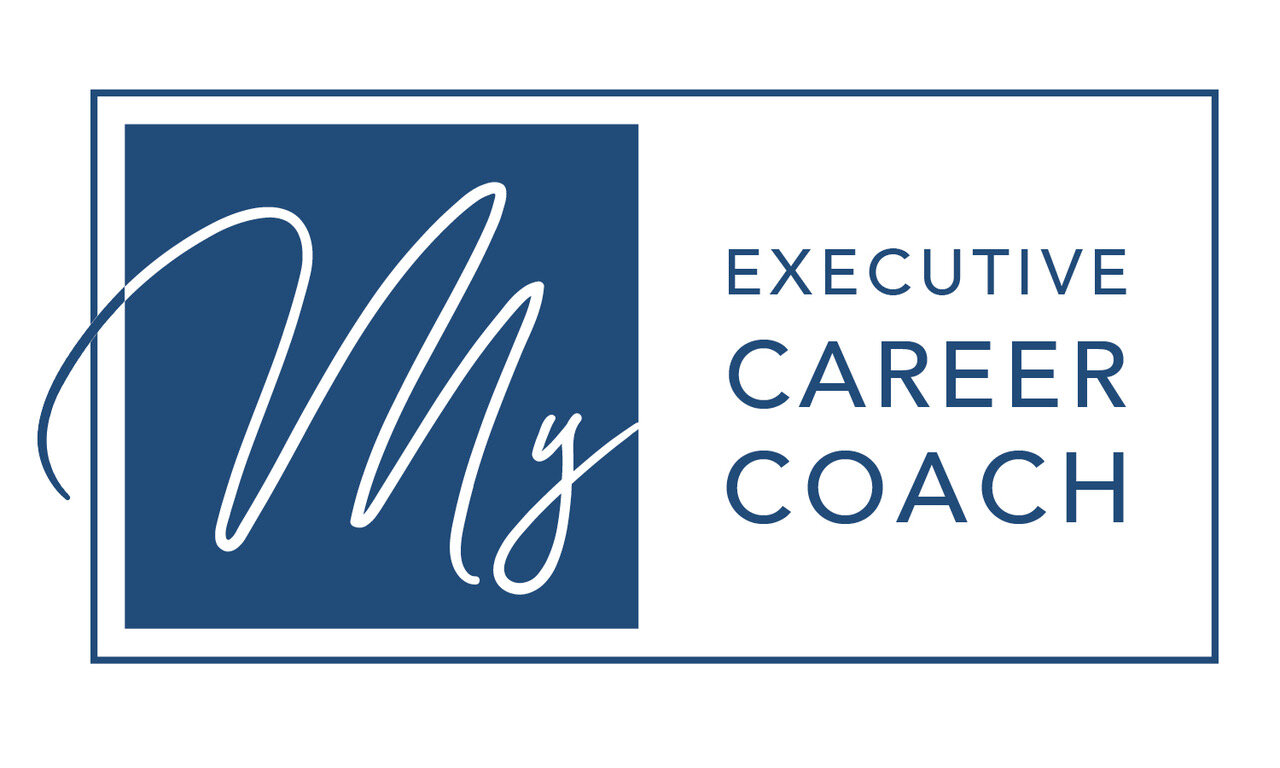By Linda Van Valkenburgh, MS, CCMC, CJSS, CSMCS, CELDC
In every interview you will be asked questions. It is important to be prepared with answers, specifically, stories and examples that demonstrate your experience and abilities. However, being prepared with questions of your own is equally important.
When you ask good questions, it demonstrates that you are serious about the position and that you have done your homework. It also shows that you are looking for cultural fit – the same thing they will be looking for in a potential hire.
1. and 2. In The Coming Year, Where Do You Expect The Business To Face Stiff Challenges? (And then follow up with: What Priorities Need Attention Now?)
What is most difficult about this role? Executive level positions inevitably come with significant responsibilities and challenges. Knowing the answer to this question will help you better understand the company culture, as well as what they see as being your key responsibilities.
Find out if there is anything they think you will find surprising about the position. This can help you prepare for what will be required of you in the company. You can also assess how your experience and knowledge apply to these challenges.
3. How Will Success Be Measured? Are There Internal and/or External Benchmarks Used?
What are their expectations? What changes within the company are they looking to see in the next six, 12, or 24 months? When you step into a new position, you will not necessarily know what changes and difficulties the company has gone through. It is important to understand how the company is looking to change and why this position is open.
Additionally, you should ask what metrics or indicators they are going to be using to measure your success and how often. Find out if there is a possibility those metrics will be changing down the line, too.
4. Is This Role Important To The Company’s Growth?
The answer will likely be “yes.” Asking this question should help you clarify how it connects to the overall growth of the organization. How will you be contributing to their growth plan directly or indirectly?
This question can also help you discover other expectations that have not already been voiced. Even if you have already asked how your performance will be measured, it is good to be aware of how your work will play into their expansion plans.
5. and 6. What Goals Does The Company Have? Are The Goals On Target, Achievable, In Need Of Development?
The answer to this question should help you gain a zoomed-out view of what the company is trying to accomplish both in the short-term and long-term. You can then connect this to how you will be helping the organization to meet these goals.
You can also ask about the plans the company has, which can help you identify priorities that haven not already been voiced. You may need to become involved in those plans if you are hired.
7. and 8. Capitalizing on the Company’s Strengths, What Can Be Leveraged? If Performance Has Been Weak, Where Are the Major Issues?
Ask for their perspective. What do they see as being their biggest merits and weaknesses? Why have certain things proved challenging in the past?
With this question, you can begin to think about whether your strengths are complementary to what they feel they are missing in their organization. If you can help them in areas they do not feel as strong in, you could be a major asset to the company.
Conclusion
Research the company you are going to be interviewing for. Ask pertinent questions based on your findings. The best questions will come from your knowledge of the organization and will help you learn more about the position you are interested in.
Go into the interview with several questions. Your potential employer will see that you are engaged and serious about learning how you can help. This is one of the most important qualities they will be looking for in a candidate.
Let’s get to work!
Linda
If you have questions about your executive career search, please contact me at 203-323-9977 or [email protected]

